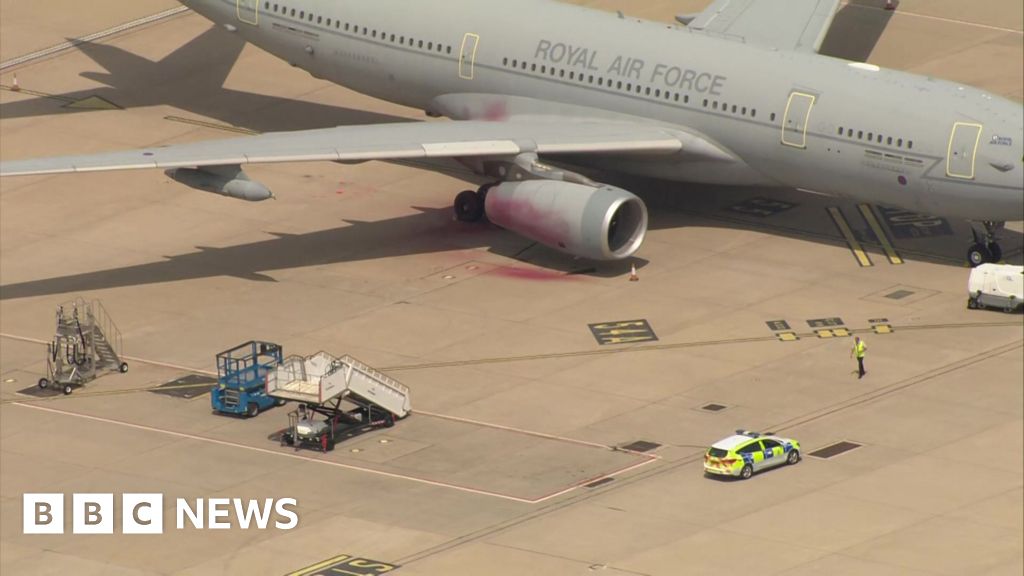Stamps in people's passports will be replaced by biometric checks for people travelling in and out of the EU from 12 October, officials have confirmed.
The Entry/Exit System (EES) will replace the current paper checks and will mean passengers from the UK will need to have their fingerprints and faces scanned to cross an EU border.
The scheme will be rolled out across member nations over six months, meaning it will not be fully implemented until 10 April 2026.
It was due to come into effect last November but has been beset by technological delays.
Under the new system, non-EU citizens, including people from the UK, will need to register their biometric data along with their passport details to enter an EU country.
Anyone who refuses to provide the biometric data will be denied entry into the EU.
Currently, travellers have to present their passport to a border official to be checked and stamped.
The data will be collected at the point of departure - either at an airport, port or train station - where there will be dedicated booths for scanning fingerprints and taking a photo.
This record will then be valid for three years and means on later trips border officers will only need to verify a person's biometrics, which the EU hopes will take less time. People with ePassports will also be able to use e-gates.
There is no cost for EES registration.
For most tourists, digital records will only be held for three years and a day - but for those who overstay the 90-day limit without a visa will have their data held for five years.
The system aims to tighten border security but has raised concerns of long queues. The UK government has warned travellers to "be prepared to wait during busy times" when the scheme begins, as the checks will take several minutes to complete.
However, the EU has said that, once implemented, the EES will shorten waits at the border by enabling faster checks and allowing passengers to provide their information in advance.
Since the UK left the EU, airports at many popular European holiday destinations have seen long queues of British travellers as their passports have required checking and stamping.
There have also been long queues at the Eurotunnel, and the new system sparked concerns that waiting times for people travelling to and from France by car would only be exacerbated by the new system.
Passengers will be given hand-held devices to register in their cars, while French border checks have been implemented on British soil at the Port of Dover, the Eurotunnel's Folkestone end and Eurostar's St Pancras terminal.
In May, the UK and EU struck a deal which allowed for UK nationals to use EU e-gates - but only after the EES is introduced.
"Once the EES is in place, UK nationals will therefore be able to use e-gates where they are available, provided they are registered in the system," an EU Commission spokesperson told the BBC at the time.
Some European countries, including Germany and Bulgaria, already allow e-gate access for UK citizens.

 1 day ago
4
1 day ago
4









